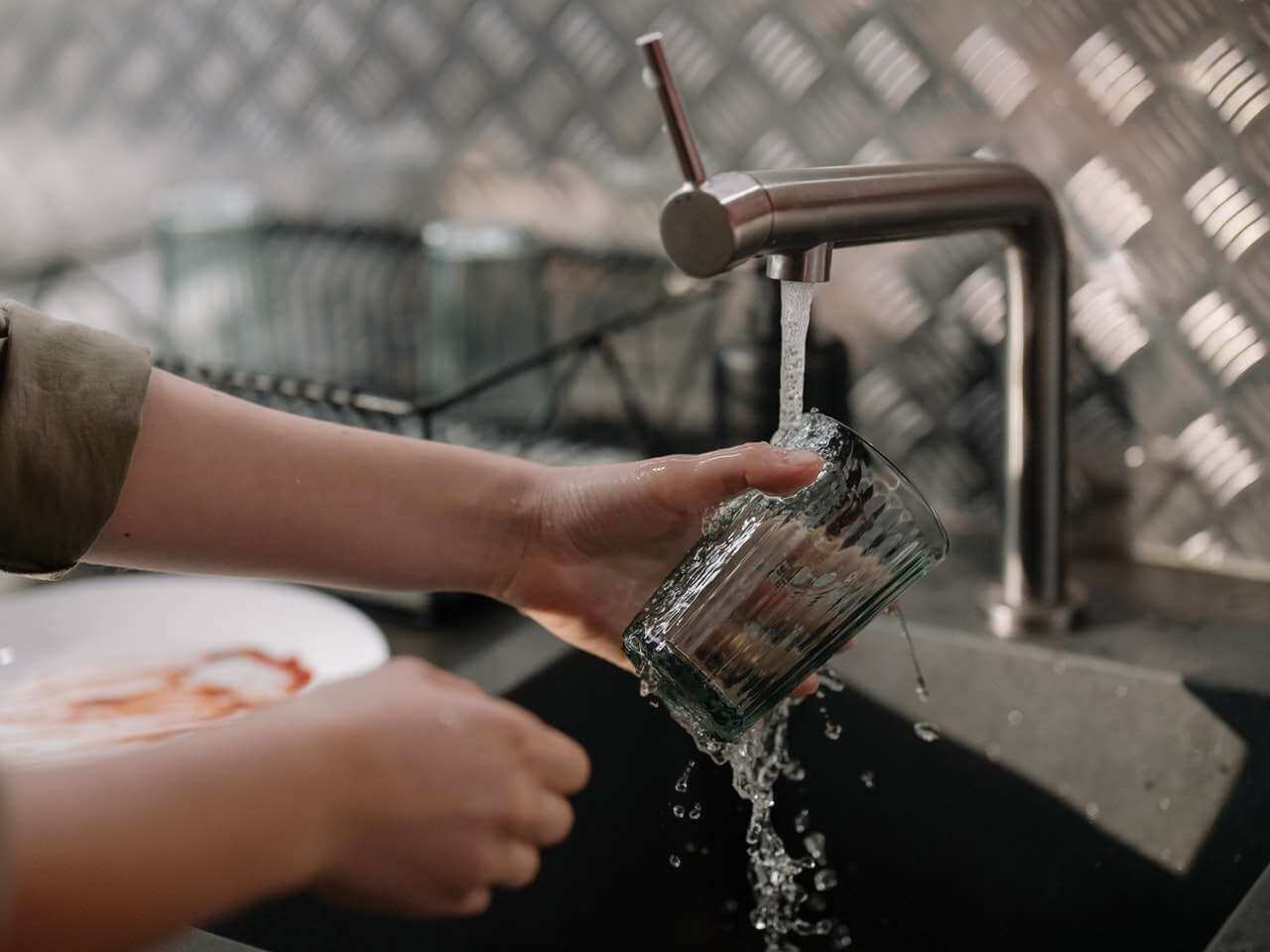Hard water is a common problem in many areas of the country. If you live in a region that has hard water, you can easily identify it by its white chalky deposits on your dishes and glassware. The same deposits may be visible on your faucets, shower heads and bathtubs.
Look carefully. Do you notice any limescale deposits around your pipes, faucets, sinks, and shower fixtures? Perhaps you have started to use more soap and detergent than usual lately, and there are thick soapy residues on your skin after you shower.
If any of these pain points describe your situation, you are not alone. “Hard” water affects over 85% of the water supply in the United States.
How Does A Water Softener Work?
If you have hard water in your home, then you know how difficult it can be to keep your clothes and dishes clean.
Basically, a salt based water softener works to remove high concentrations of calcium and magnesium from water through a process called “ion exchange.” This process “softens” hard water by substituting the hardness minerals (calcium and magnesium) with sodium chloride (salt).
So how do you know if you have hard or soft water? You can test your water by placing a drop of detergent in a glass of water. If the soap will not dissolve in about 5 minutes, then your water is considered hard. If it dissolves quickly, then your water is considered soft.
Here’s a quick overview of the process:
Soft water is easy to use and easy on your skin, hair and clothes. The hard water minerals that make it so difficult to get clean can be removed with a water softener. In this article, you’ll learn how to remove hardness of water.
- The hard water enters the water softener.
- Tiny beads (containing sodium) in the resin bed attract the hard water minerals, removing them from the water and onto the resin bed.
- Soft water enters your home with none of those hard water minerals like calcium and magnesium
- When the resin beads are full of hard water minerals, it’s time for the regeneration process.
- During regeneration, the brine is pumped through the resin tank.
The brine solution and the hard water minerals are flushed from the tank into a nearby drain or for reuse before the softening process starts again
How To Soften Water & The Incredible Benefits of a Water Softener
- Hard water can be an annoyance, but it does have the potential to cause some serious damage if left untreated.
- Hard water contains minerals such as calcium and magnesium that can build up on your pipes, appliances, and fixtures. This buildup will make them less efficient and could even lead to costly repairs down the road.
- If you want to avoid spending money on expensive repairs or replacements, here are some things you can do:
- Install a alkaline water purifier softener
- Most quality water softeners can be a big purchase, but they sure offer some significant benefits.
- Improves the efficiency of hot water and heating systems
- Soft water is better for certain dry skin conditions like eczema
- Helps reduce the amount of household items and toiletries you use, such as shampoo, conditioner, soap, laundry detergents, and other cleaning products
- Soften water makes your skin and hair feel softer and easier to manage
- Extends the lifespan of and increases the performance of home appliances such as washing machines, dishwashers, kettles, etc.
Read More About Zara Techs.



